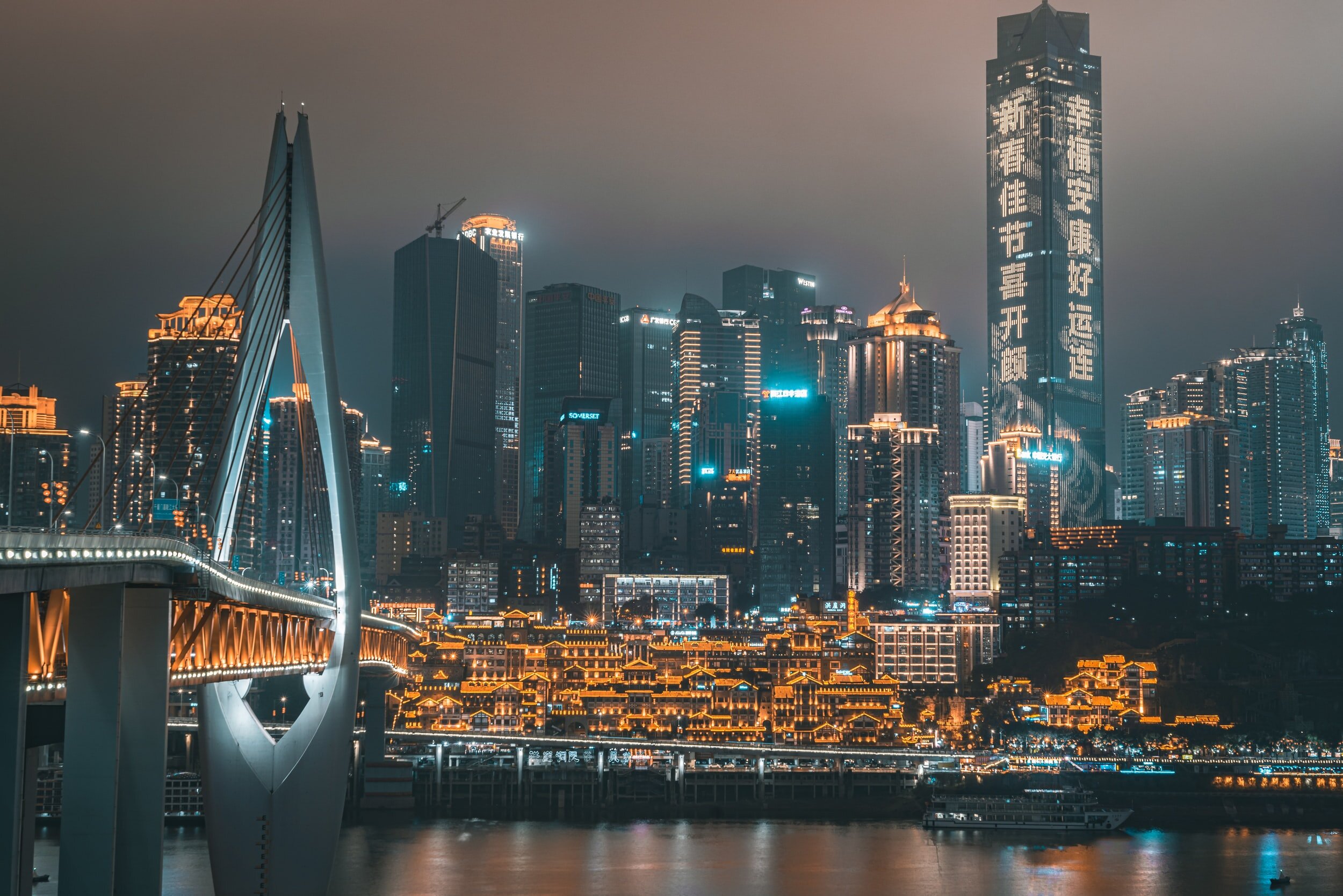Editor’s note: This month, China Partnership is intentionally praying for theological education within the Chinese house church. This is a complex topic, as theological education often looks different within a Chinese context than the way Western Christians are accustomed to envision it. Many pastors cobble together an education by piecing one class after another; others attend traditional seminaries overseas; still others are largely untrained. A consistent emphasis is the Chinese church’s value of melding the growth of both the head and the heart, and integrating pastoral practice into Christian theological education.
We will be sharing from a variety of perspectives this month, hearing from pastors who have themselves been trained, and from leaders involved in shaping the future of this area. Today, we hear from a Chinese house church pastor, who shares his thoughts on how a formal theological education outside of China prepared him to serve his urban congregation.
Wang Jianguo is the collective pseudonym for a group of Chinese house church pastors thinking and writing about issues related to the spread of Christianity in their nation. They are committed to preaching a grace-centered gospel, developing resources for the church, and loving China’s urban centers.
The biggest impact my theological education had on me as a pastor in China was discovering [minister and seminary professor] Richard Gaffin’s piece The Usefulness of the Cross and his interpretation of suffering. The type of suffering he describes is not just suffering for Christ, nor even suffering with Christ. Suffering for or with Christ can easily become legalistic. Instead, we are suffering the suffering of Christ, suffering as Christ, and suffering in Christ. This concept comes from a very deep biblical structure and has had a great impact on me. When I say this I feel very ashamed, because I often forget this and feel very weak, but this is very important.
Another thing I got from my education that was really important is more or less normal: how to accurately preach the word of God. At the seminary I attended that that was a very important emphasis. They taught that faithful preaching must include at least two very important aspects. The first aspect, which was heavily emphasized, was preaching the whole counsel of God. Another aspect was that the pastor must be prophetic. This means when you preach you ought to be like the prophets in the Old Testament, proclaiming, “Thus says the LORD.” This deep commitment to God’s word and believing that God’s word is sufficient is very important to me. From a pastoral point of view, brothers and sisters live very painful lives from Monday to Sunday. If we don’t give them God’s word when they come on Sunday, it is very wrong. We need sound theology to interpret the Bible, to communicate the message of God rather than our own message. Otherwise—sometimes I joke, and it is really what I believe—we might as well just tell our brothers and sisters to go home and watch TV. Of course God has his means of grace throughout the entire worship service, but as a preacher I believe this point is very important.
The last very important thing [I received from my theological education was] the materials I learned from my counseling courses.
Understanding the complexity of reality is also crucial. The more confident one grows in God’s word, the more one can take a more humble posture toward many things, because God has a comprehensive understanding of everything and we don’t, especially when it involves all of our human emotions. This will have a great impact on evaluating our own repentance, sanctification, and sinfulness.
I am grateful that I took many counseling courses in biblical counseling. Recently CCEF [Christian Counseling and Educational Foundation] came out with a new book called Saints, Sufferers, Sinners by Michael Emlet. He very clearly communicated this complexity and simplicity; ultimately, everything has to do with sin, and Jesus is the answer to all questions. But at the same time, as weak human beings, there is another level in our lives where there are many many things that can’t be explained, like our emotions. There is another book, Untangling Emotions by Alasdair Groves, which helps us understand our emotions. Emotions are our reaction to reality, whether we are conscious of it or not. In our lives, our emotions and our hearts are responding to hundreds and thousands of things around us simultaneously. Our emotions react to our physical situation and many other things. It is very complex. It is not as simple as whether someone has repented.
This also includes how we look at Christ and the balance between his transcendence [Christ is exalted and sovereign above creation] and immanence [God is present and with, or available to, his creation]. This is very important. Traditional, conservative churches emphasize the transcendental aspect; liberal churches will focus on his immanence. But the Bible says that is a false dichotomy. Christ has all the emotions, so when we preach the gospel we have to pay attention to these things. This is seen in passages like Hebrews 2 through 4, and is very crucial element for our apologetics because of our world today. Not only do we have to communicate accurate beliefs, we have to talk about how our beliefs are more interactive. You are being thoughtful and considerate.
We must balance the deity and humanity of Christ, not treating them as dry, impractical, doctrinal concerns. His deity and his humanity are an immensely powerful and personal reality that should drive our understanding of the gospel. Hebrews 2 and 4 are the most explicit presentations of the indispensable nature of Christ’s genuine humanity for salvation and the gospel. It is not merely that Christ assumed humanity so he could die for us as a legitimate method; but the experiential aspect of his humanity. More attention should be paid toward this experiential aspect of his humanity than merely the representational function of his humanity, even though that is super important. In fact, there is not a false dichotomy. The representational aspect of his humanity is meaningful in so far as he embodied the real perfect man that God intended us to be—including the experiential and emotional impact.
































